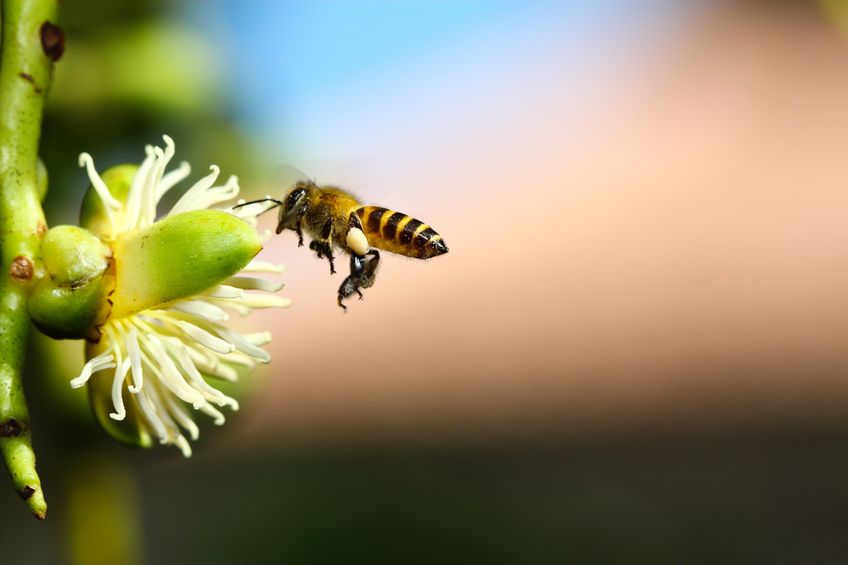Mechanical Pollination Could Be Our Future
April 21, 2020
Crazy or a real possibility?
Over the last few years, honey bees have taken a beating. Between the colony collapse disorder brought on by the Varroa mite, pesticides, and weather, beekeepers have seen unprecedented die-off rates. This has been particularly bad over the last two years, with beekeepers being put completely out of business due to massive die-offs.
So, what is the solution for the future on the off-chance honey bees become extinct? Believe it or not, some think mechanical honey bees could be the wave of the future.
Mechanical Honey Bees for Pollination
It may seem very futuristic, but this is something that is already happening in Israel. A new upstart company has created a mechanical bee that is capable of pollinating plants in place of live honey bees. Instead of buzzing sound, it sounds more like a room filled with servers and a constant mechanical “hum.”
Edete Precision Technologies for Agriculture could be on to something here. CEO Eylam Ran stated, “We see a crisis in 15 years where we don’t have enough insects in the world to actually do pollination and most of our vitamins and fruits are gone.” He is not wrong, as the United States alone depends on the honey bee to pollinate roughly $15 billion in crops every year. We simply cannot allow those crops to die off if there are no honey bees.
Having said that, nor can we allow honey bees to die off. In addition to pollinating crops, there is also the honey aspect of the business. We also have to look at the impact honey bees and other pollinators have on the eco-system as a whole. When everything is factored in, clearly, we cannot afford to simply allow honey bees to die off and become extinct.
There may be a middle ground here, though. Can we find a place where honey bees pollinate very specific plants to influence the composition of the honey, exactly as we see in New Zealand with the Manaka flower? Is it possible to save honey bees solely for making honey and allow the mechanical honey bees to do the pollinating of our crops?
This may be doable, but even this would impact the lives of our beekeepers, as many of them rely on income from renting out their hives to farmers during the pollination season for the majority of their income. While they would still have their honey to sell, they would likely be losing a significant portion of their income, making it unclear if only producing honey would even be sustainable.
And, what about the “green” factor? These mechanical honey bees will obviously require energy to run, so what exactly would the footprint of these bees on our eco-system? These are but a few of the questions that will have to be answered before we even consider such a drastic move to replace honey bees with robots.
Source: First Post


.jpg)




